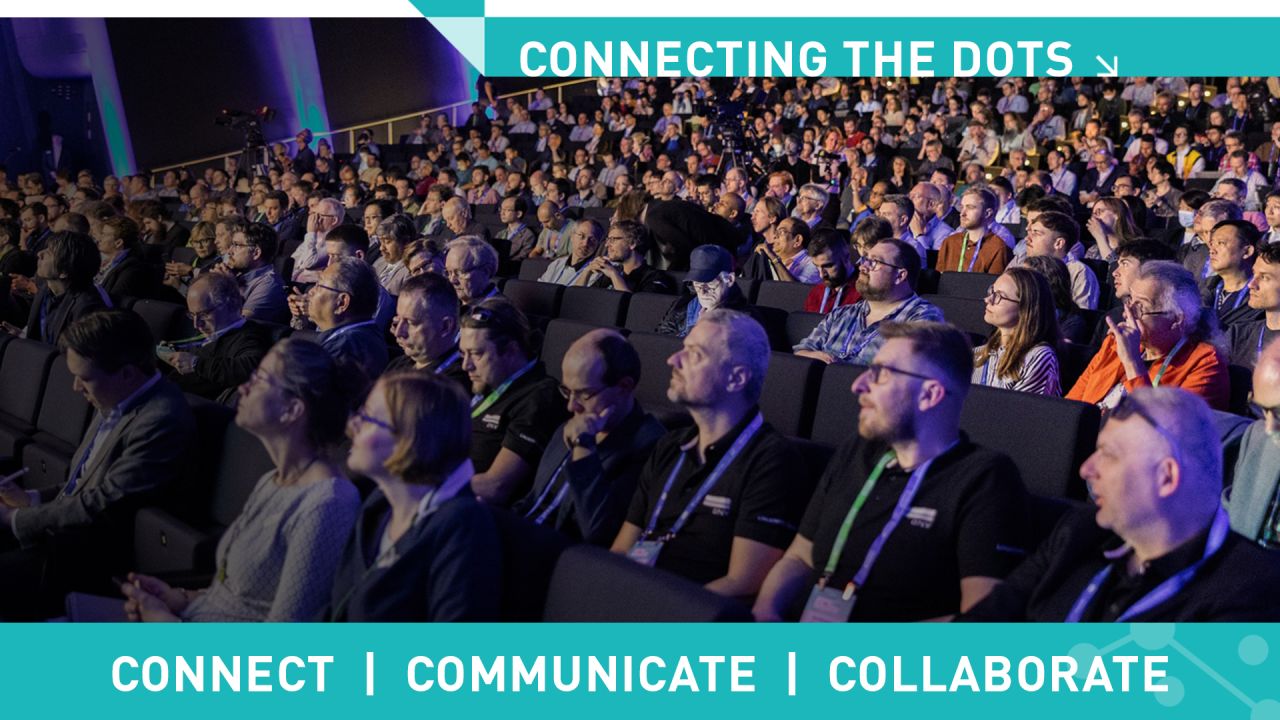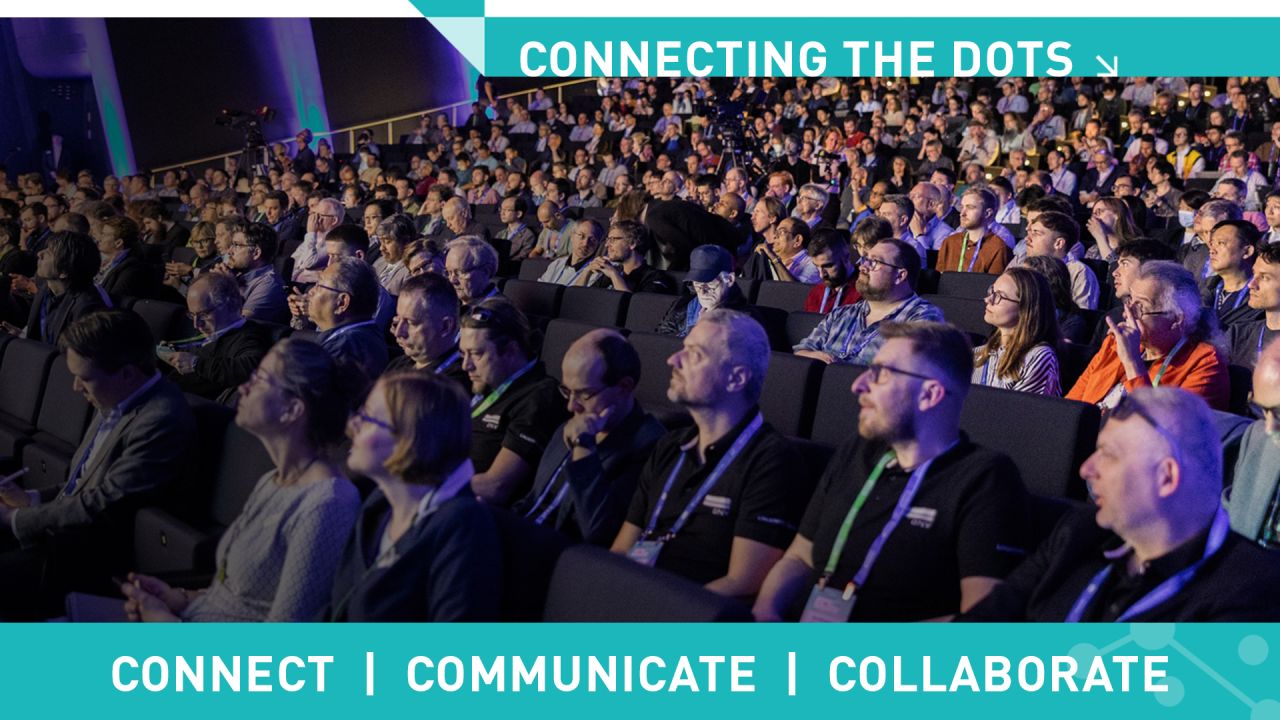

Machine Learning for Computer-Aided Engineering
Tuesday, June 10, 2025 4:00 PM to 5:00 PM · 1 hr. (Europe/Berlin)
Hall F - 2nd floor
Birds of a Feather
Digital Twins and MLEngineeringHPC Simulations enhanced by Machine LearningIndustrial Use Cases of HPC, ML and QCLarge Language Models and Generative AI in HPC
Information
The Machine Learning for Computer-Aided Engineering (CAE) BoF aims to explore the potential for the development of Machine Learning models for key HPC workloads such as Computational Fluid Dynamics (CFD) and Finite-element analysis (FEA). The focus is specifically on discussing the challenges and opportunities of such approaches and discussing key factors such as the training data requirements (and the associated HPC resources needed), generalizability of the models and their accuracy.
This workshop aims to also bridge the gap between pure academic work and industry needs. While industries such as weather forecasting and climate modeling have begun to productionize ML applications with methods like GraphCast and FourCastNet, the use of ML in other areas of science, such as CAE in automotive and aeronautical design, is less mature. Since these CAE problems share underlying mathematical principles, there is an opportunity for similar societal and economic impact. They are also some of the major HPC workloads across both industry and academia.
There is also an important societal reason for focusing on AI for CAE. The aerospace and automotive industries are major contributors to climate change and CO2 emissions, both through their end products and development processes. For example, these industries run power-hungry wind tunnels and produce physical prototypes that require significant energy to test thousands of variants before a final product launch. CAE offers a chance to reduce environmental impact by minimizing physical prototyping and testing. However, high-fidelity CAE also requires significant energy usage due to large-scale supercomputing resources needed to run simulations on thousands of cores, often for days at a time. While CAE does offer a way for these industries to reduce their environmental impact, there is a strong desire to look for new technologies to make simulations faster, cheaper, and with lower CO2 emissions.
AI/ML surrogate models have the potential to significantly reduce cost, time, and energy requirements. Instead of simulations taking days, the inference of a trained model is in the order of seconds. Recent years have seen considerable progress in developing deep learning-based surrogate models for CAE. Key breakthroughs include Physics-Informed Neural Networks (PINNs), Graph Neural Network (GNN) methods, and Fourier neural operators (FNO). However, a gap remains between the largely academic test cases these methods have been tested on and real-world industrial applications that are the ultimate target use cases.
A key question is whether these methods can scale to the hundreds of millions of nodes common in typical CAE applications such as car and plane design. Can the promising results scale and translate and how much training data do different model types require? As demonstrated in the Large Language Model (LLM) domain, the ability to scale has enabled rapid development with increasing accuracy.
This BoF brings together speakers from industry, academia, and startups to address the specific topic of scale, discussing new breakthroughs and gaining insights from industry leaders. Attendees will leave with a greater understanding of the current state of the art and the challenges and opportunities in applying cutting-edge AI methods to CAE problems.
Organizers:
This workshop aims to also bridge the gap between pure academic work and industry needs. While industries such as weather forecasting and climate modeling have begun to productionize ML applications with methods like GraphCast and FourCastNet, the use of ML in other areas of science, such as CAE in automotive and aeronautical design, is less mature. Since these CAE problems share underlying mathematical principles, there is an opportunity for similar societal and economic impact. They are also some of the major HPC workloads across both industry and academia.
There is also an important societal reason for focusing on AI for CAE. The aerospace and automotive industries are major contributors to climate change and CO2 emissions, both through their end products and development processes. For example, these industries run power-hungry wind tunnels and produce physical prototypes that require significant energy to test thousands of variants before a final product launch. CAE offers a chance to reduce environmental impact by minimizing physical prototyping and testing. However, high-fidelity CAE also requires significant energy usage due to large-scale supercomputing resources needed to run simulations on thousands of cores, often for days at a time. While CAE does offer a way for these industries to reduce their environmental impact, there is a strong desire to look for new technologies to make simulations faster, cheaper, and with lower CO2 emissions.
AI/ML surrogate models have the potential to significantly reduce cost, time, and energy requirements. Instead of simulations taking days, the inference of a trained model is in the order of seconds. Recent years have seen considerable progress in developing deep learning-based surrogate models for CAE. Key breakthroughs include Physics-Informed Neural Networks (PINNs), Graph Neural Network (GNN) methods, and Fourier neural operators (FNO). However, a gap remains between the largely academic test cases these methods have been tested on and real-world industrial applications that are the ultimate target use cases.
A key question is whether these methods can scale to the hundreds of millions of nodes common in typical CAE applications such as car and plane design. Can the promising results scale and translate and how much training data do different model types require? As demonstrated in the Large Language Model (LLM) domain, the ability to scale has enabled rapid development with increasing accuracy.
This BoF brings together speakers from industry, academia, and startups to address the specific topic of scale, discussing new breakthroughs and gaining insights from industry leaders. Attendees will leave with a greater understanding of the current state of the art and the challenges and opportunities in applying cutting-edge AI methods to CAE problems.
Organizers:
Format
On Site
Targeted Audience
This BoF is aimed at people interested in AI4Science, with a particular focus on how these ML/AI methods can augment computer-aided engineering. The BoF will cover the HPC, ML and traditional CFD/FEA challenges and opportunities. This BoF does not assume deep ML expertise.







